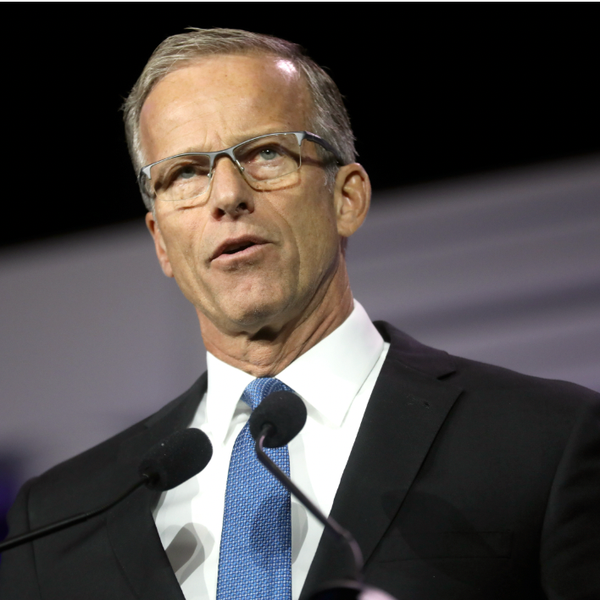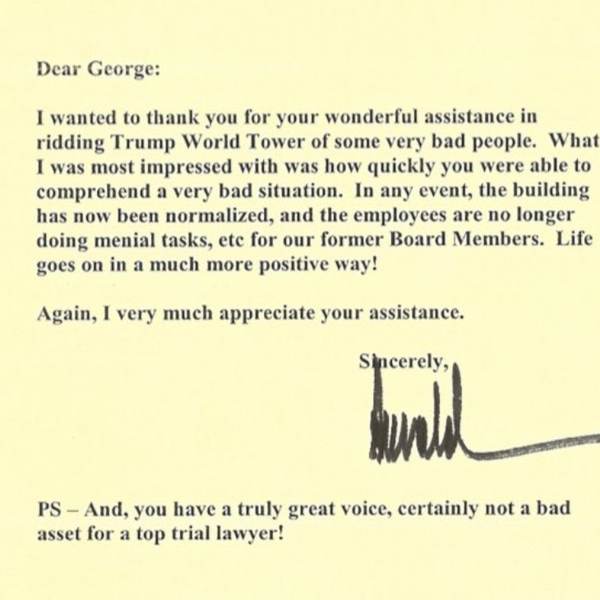
The final results of the 1980 presidential election between the Democratic President Jimmy Carter and his Republican challenger, former California Gov. Ronald Reagan are rightly recorded as a landslide Republican victory. Carter carried just six states: his native Georgia; his running mate’s home state of Minnesota; Rhode Island; Maryland; West Virginia; and Hawaii. The Democrat — by winning only 49 electoral votes to Reagan’s 489 — suffered the most stunning defeat of any incumbent president since 1932, when Republican Herbert Hoover was trounced by Franklin Roosevelt.
But the truth is that the Carter-Reagan contest had been close, with Carter leading between 4 percent and 8 percent in Gallup polls all the way to the final week of October, when the two men met in the campaign’s only televised debate. After that Oct. 28 showdown, Gallup found Reagan moving to a 3 percent lead on his way to a solid 10 percent victory margin on Nov. 4.
Every presidential election — including those of 1980 and 2020— is a choice between continuity and change. In 1980, voters beset with a painful “misery index” — high interest rates, high inflation rate and a rising unemployment rate — were clearly open to change. But candidate Reagan’s unforced errors — falsely claiming that California had eliminated its smog, that trees caused more pollution than automobiles and that Alaska had more oil than Saudi Arabia — enabled the Carter campaign to make Reagan’s change look too risky. In the one debate, Reagan presented himself as reasonable, nonthreatening and likable. In so doing, he gave voters both permission and confidence to do what they wanted to do: to vote for him and for change.
Obviously, President Donald Trump’s economic numbers — unemployment, interest rates, inflation — are all dramatically superior to Carter’s. But Trump carries into 2020 equally threatening baggage that suggests voters in November 2020 will be much more interested in choosing change over continuity.
To appreciate Trump’s political peril, let us turn to the Wall Street Journal-NBC News Poll, which, guided by respected pollster Peter Hart, has asked voters over the years to assess presidents — not just separately on the job the president is doing or on the president’s personal likability but on both qualities straightforwardly in one question:
Which of the following statements comes closest to your opinion of (the president)?
A) I like (the president) personally, and I approve of most of his policies.
B) I like him personally, but I disapprove of many of his policies.
C) I don’t like him personally, but I approve of most of his policies.
D) I don’t like him personally, and I disapprove of many of his policies.
The most recent president to win reelection, Democrat Barack Obama, was consistently liked personally by about 7 out of 10 voters (the great majority of whom also approved of most of his policies). Barely 3 out of 10 both disliked Obama personally and disapproved of his policies. For another reelected Democrat, Bill Clinton, 55 percent liked him personally (36 percent both liked him and approved most of his policies), while fewer than 3 out of 10 both disliked Clinton and disapproved of his policies.
Both men, proving the maxim that “before they vote for you, they first have to like you,” handily won second terms.
But not so for President Trump. Fewer than 3 out of 10 voters personally like Trump and just over 1 out of 4 both like him personally and approve of his policies. Contrast that with the average of 47 percent of voters who both personally dislike Trump and also disapprove of his policies. This tells us that 2020 should be about change rather than continuity.
The best hope for the embattled Trump campaign is for the Democrats to nominate a candidate who —-because of his or her personality or character defects or frightening ideas — will somehow make change more disturbing than continuity.








